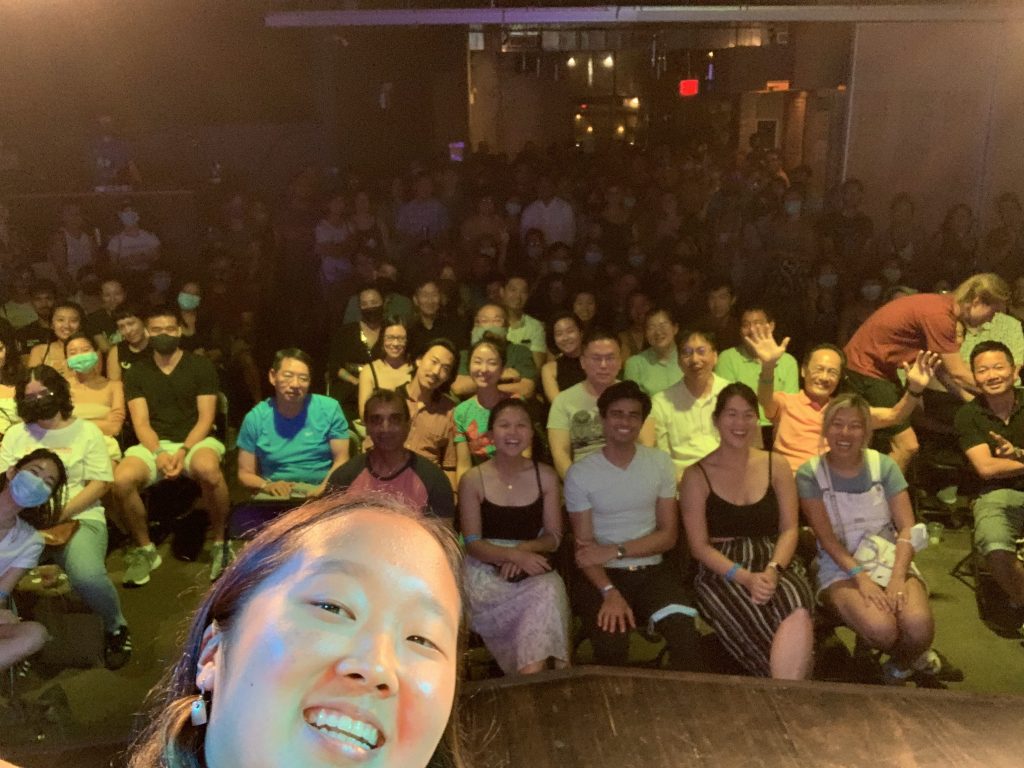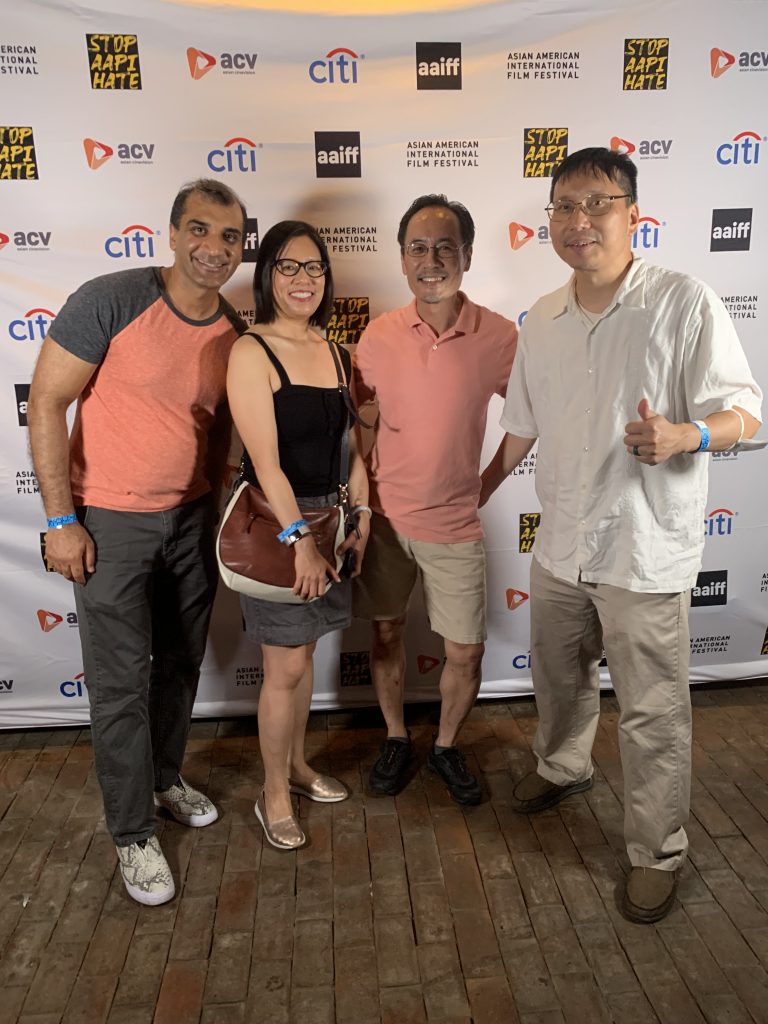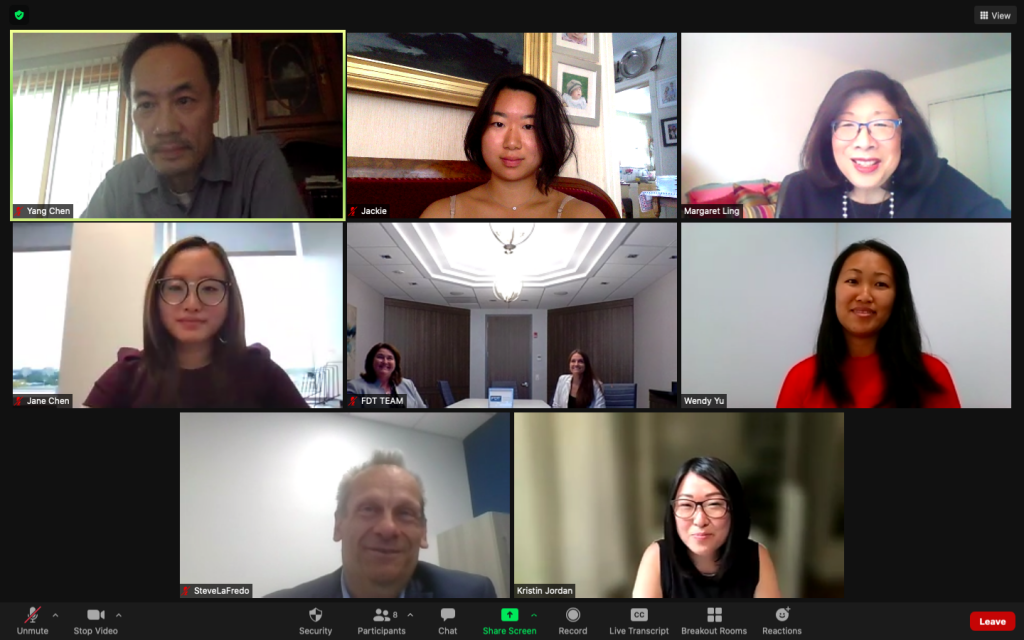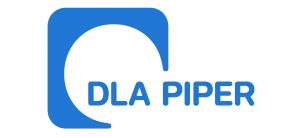
The 44th Asian American International Film Festival (AAIFF) rolled into town on August 11, billed as “the nation’s first and longest running festival dedicated to celebrating independent Asian, Asian diaspora, and Pacific Islander cinema.” Because we are not yet entirely out of the pandemic, AAIFF is being presented as a hybrid event with some screenings held in person and others made available on demand. One of the in-person programs took place on the third night, August 13, an evening featuring AAPI comics performing stand-up, fittingly called “Comedy Night.”
In a part of Brooklyn that the current generation calls Gowanus, nearly two dozen AABANY members joined a standing room crowd at Littlefield, a performance space that once was a warehouse (probably back in the days when this part of town was still known as Park Slope). The show was produced and hosted by Claire Yoo, an Events Coordinator for AAIFF who also happens to be President of Harvard College Stand Up Comic Society. Before you can say, “What? Harvard Students know how to laugh?” Claire took to the stage and launched into a profanity-laced opening monologue that filled the room with appreciative laughter, getting the entire audience properly riled up for the hilarity to come. (And don’t worry, Claire, we won’t tell your dad — who was in the audience — about your foul mouth.)

The line-up featured an assortment of top comedy talent, including award-winning writers from popular shows such as “The Late Show with Stephen Colbert,” “Patriot Act with Hasan Minaj,” and NPR’s “Wait Wait … Don’t Tell Me.” The diversity of the comedians reflected East Asian, South Asian, and HAPA voices as well as LGBTQ+ perspectives that we rarely hear from in mainstream media. As one of our attendees, Lauren Kim of Fordham Law School, deftly summarized, “It was excellent, tons of fun, and every single comic was hilarious.” Indeed, they were! None of our performers bombed on stage. If anything, the level and quality of the comedy seemed to go higher and higher from one comic to the next. (Apologies to Moss Perricone, the first comic to go. We don’t mean to say you weren’t funny or that the other comics were funnier than you. Oh, wait … maybe we are saying the second part.)
By the way, we should mention that our host, Claire, was an AABANY intern during Fall 2020. During her internship she learned that AABANY is a community partner of AAIFF and asked how she could get involved with Asian CineVision, the non-profit that organizes AAIFF each year. We hooked her up, and just a few months later … she is the producer and host of the largest comedy show she has ever put together. Congrats, Claire! Great job! (And Asian Cinevision, you are welcome!)
Thanks to all the AABANY members and friends, including President Terry Shen and his wife, Stella, who joined us. We hope everyone will support AAIFF and its mission to promote and spotlight AAPI artists, writers, performers, producers, and filmmakers. Read about the AAIFF films we are co-sponsoring this year here.








